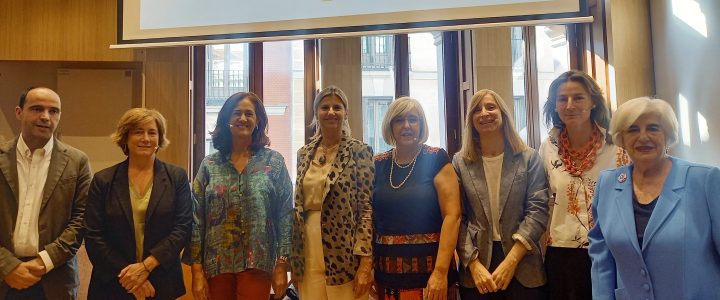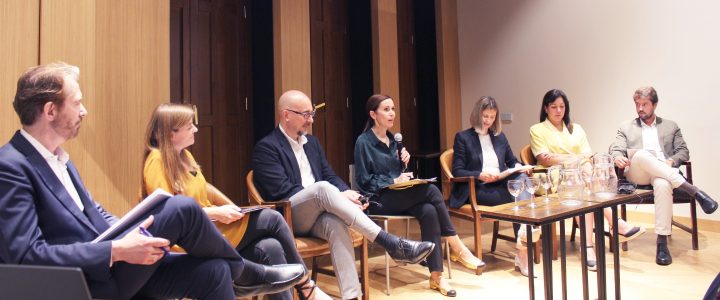The European Association for Digital Transition (EADT), an organisation affiliated with the Digital Rights Observatory, launched a spot last Saturday, March 15th, coinciding with World Consumer Rights Day, under the premise of “not accepting the unacceptable”. According to Ricardo Rodríguez Contreras, president of the EADT, the aim of the campaign is “to raise awareness among the public about their rights as digital consumers and to promote good practices”. Aimed at users of digital environments, the spot seeks to raise awareness among citizens about how to act and navigate safely in the digital environment, with special attention on young people as peak digital users.
Read moreThe EADT launches a campaign, “Do not accept the unacceptable”, our new campaign promoting good practices in the digital environment










